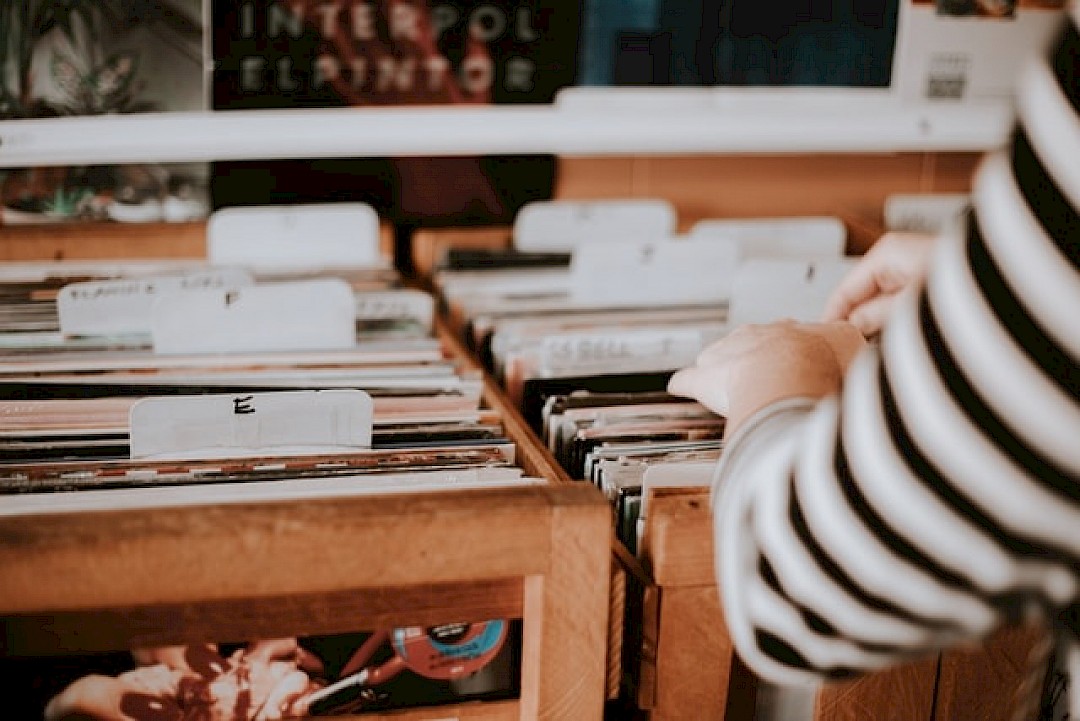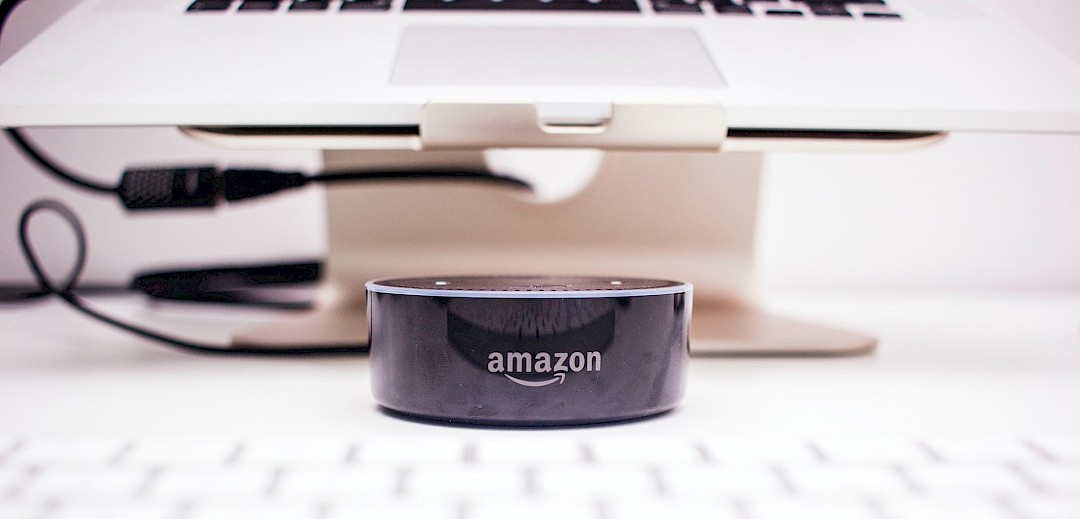Amazon, a manual for the survival of trade in modern times
I'll give you a hint: The richest person on the planet set up an online store in 1994.
And he made a killing.
Today, 25 years later, Amazon is the largest company on the planet and the first to surpass the trillion dollar market capitalization. A hugely successful monster, we might say, devours shopping malls for breakfast, preys on jobs for lunch, and at night blinds neighborhood businesses.
How have they come to create such inequality with their competitors? Is Amazon a destructive agent? Extractor? Maltreater? Transformer? Is it invincible? Can small commerce compete?
I hope that at the end of this article you will be able to answer these questions yourself.
Here are some clues to what is going on:
Buying is not the same as shopping
These days almost everyone buys but no one goes shopping.
Buying is a very specific (sub) process within the act of shopping. It is the concrete moment in time to exchange goods for money, when you have decided that you like or need something. It is quite unexciting and totally transactional. Who feels like leaving the house to go to the supermarket to buy the detergent you need, or going downtown to the corners bookstore to buy the latest Almudena Grandes one? Couldn't someone bring it to me? And the price? I don't want to visit 4 stores to see where it's cheaper.
Amazon has automated the shopping process and provides its customers with a very comfortable and convenient experience. You can buy something with three "taps" to your mobile screen, soon, someone will show up at your house with what you have ordered and the price will surely be cheaper than in most stores around you. Fantastic. Unbeatable.
A word of advice: NO, I repeat: NO, try to compete with Amazon if your business is ONLY based on goods clearance. This has traditionally been called commerce. If you see that you are doing this, you are in danger and you need to evolve.
Shopping, however, is something different and is more related to HOW you decide you like something and the whole, supposedly enjoyable, experience prior to the time of purchase.
Here's an example:
I like music and I loved shopping at Fuentes Guerra (a record store from Córdoba). When I would show my head through the door I would see David with his arm raised calling me and saying something like: "Javi, you're going to freak out with something that just came in, here, listen to it"; many times they even called me on the phone to go there! I would spend hours there, looking at album covers, listening to new bands, talking to other people about music, meeting other fans like me or meeting to go to concerts. Thanks to them I discovered bands like Oasis, Coldplay or Bon Iver, which none of them had decided to buy until I heard them there.
The previous, the sense of belonging to a tribe, was more important than the purchase itself. In fact, David, if you're reading this, I have to confess that many of the vinyls you sold me are still in their unopened plastic.
It's been a while since I've bought music or discovered new bands. There are plenty of online stores where I can buy whatever I want. But I'm missing something. Online commerce cannot compete with in-store experiences, if they are worth it, and person-to-person relationships.
Today, every business should automate its sales process (the transactional one) to make it as comfortable as possible for the customer. At the same time, it should improve the customer experience to decide what, how often they buy and why they have to give their money to a particular store.

Your brand matters, that's what really matters
If we want to buy something, we have 200 places where we can acquire it. What fundamentally moves us to do it in a specific place? The price? The quality of the product? The brand?
I'm sorry if you've thought of anything else, but it's the brand.
There are usually two main reasons why we choose a particular buying option:
- Moral reasons: We like to give our money to somebody that we want to reward for doing a good job and giving us a good service, but also, if we think the money goes to a good cause, to your tribe or somebody that you know or like better than better.
- Sense of belonging: Every act we do in our life defines and positions us. Even in the 21st century we are still moving by tribe, and establishing one, with your own identity among your potential buyers is fundamental. In modern language, those who manage these tribes are known as Community Managers and their banners are called Brands.
People, when they surf the internet or walk down the street don't read, they perceive. The most basic, quick and easy way to transmit your values and personality is through a consistent and well designed brand. All the good and bad things your company does will accumulate in your brand as a kind of karma and through it you will be known. All successful companies spend a lot of money on them and this is for a reason. Consider seriously taking care of yours.
A curiosity, do you know what the first name of Amazon was? cadabra.com. Jeff changed the name to Amazon, not for aesthetic reasons, but because he wanted to appear at the top of the search engines, which were listed alphabetically that year. What would Amazon be like today if he hadn't changed the name?
The future of your business will be technological, or it won't
Technology is very good at creating competitive advantages and differences. Too good.
I usually have a recurring dream:
I'm living in prehistoric times just as the wheel is being invented. The people who invented it, in fact, are from my neighboring tribe, in mine there is a monumental anger because they see the people of the wheel transporting the mammoths they hunt in carts and they are annoyed by how well they live. We push the mammoths around and it costs us the same life. There is so much unrest in my tribe, that whenever they can they try to burn down a car for the neighbors. "It's not fair," they say, "don't see how they're getting mammoth, they're taking everything."
I say - "Why don't we try to make cars ourselves. They don't seem to be too hard to make."
They say - "pushing mammoths and burning cars, we don't have time!"
Seeing how well they're doing with the wheel, they develop more tools like spears and knives. Eventually they get a monopoly on hunting and our tribe barely has any mammoths to hunt because they hunt them all. My tribe is shrinking because we don't even have enough to eat. Eventually we become extinct.
Who is to blame for the extinction of our tribe? Them or us? Should we have banned the wheel? Could we say that the wheel tribe wiped out our tribe?
Today's wheel tribe is called Uber, Amazon, Spotify etc. Are they a destroying or transforming agent? For many, technology and technology companies have become the enemy to be beaten. And why not the enemy to be imitated? We can surely even improve on it.
I find it hard to understand that a bald guy who lives in Seattle, who has never visited Cordoba (and I don't think Spain has either), and with almost no investment and resources in his business development (promotion and operations) in Cordoba, is able to sell more here than the Corte Inglés.
Do you remember the clue from the beginning? Jeff Bezos didn't set up an online bookstore in 1994 and made a fortune, he set up a technology company that sold books (for example) and made a fortune.
Author: Javier Jiménez (Linkedin)
This article was originally published in the newspaper Cordópolis on 15/1/2020. Link (in Spanish).